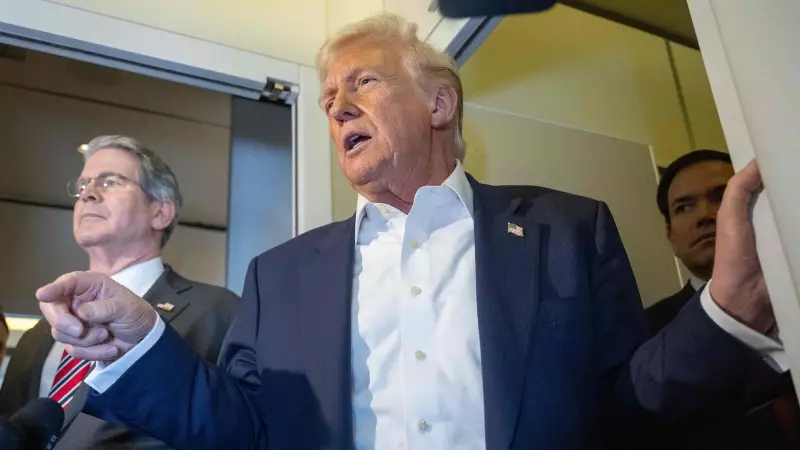
In a significant development that could reshape US-China trade relations, former President Donald Trump and Chinese leader Xi Jinping are reportedly preparing for crucial discussions that would link tariff reductions with China's cooperation in combating the fentanyl crisis.
The Proposed Trade-Off
According to sources familiar with the matter, the potential agreement would see the United States consider lowering tariffs on Chinese imports in exchange for Beijing's concrete actions to crack down on the production and export of fentanyl precursors. This synthetic opioid has been responsible for tens of thousands of American deaths annually, making it a top public health priority.
High-Stakes Diplomacy
The proposed negotiations represent a delicate balancing act between economic interests and public health concerns. While the Trump administration had imposed significant tariffs on Chinese goods during the trade war, the current discussions suggest a more pragmatic approach to bilateral relations.
Key aspects of the potential agreement include:
- Gradual reduction of US tariffs on Chinese manufactured goods
- Enhanced Chinese monitoring of pharmaceutical and chemical companies
- Improved intelligence sharing between law enforcement agencies
- Stricter controls on precursor chemical exports
Broader Implications
This potential breakthrough comes at a critical juncture in US-China relations. Both nations have been exploring areas of mutual interest despite ongoing tensions over technology, human rights, and regional security. The fentanyl crisis presents a rare opportunity for cooperation that serves both countries' interests.
Economic analysts suggest that tariff relief could provide much-needed stability for global supply chains, while public health experts emphasize the life-saving potential of reduced fentanyl trafficking.
The success of these discussions could set a new template for US-China engagement—one where specific policy concessions are directly linked to tangible cooperation on pressing global issues.





